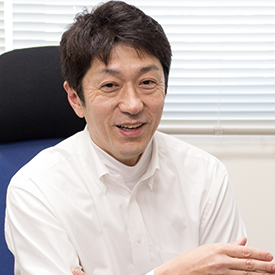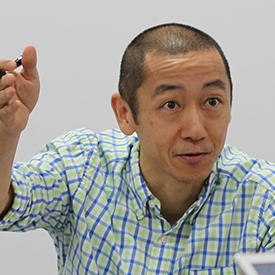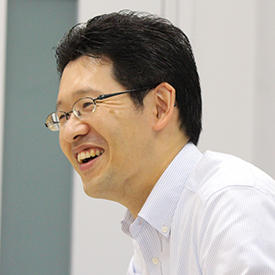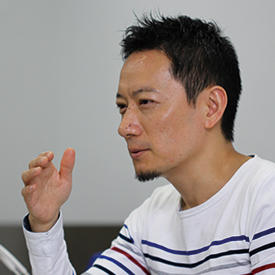MOOC
Online courses requiring registration (Currently delivering lectures in English only)

Online courses requiring registration (Currently delivering lectures in English only)
MOOCs (Massive Open Online Courses) are courses distributed online that can be accessed for free or at low cost. Thousands or tens of thousands of people from across the world register for each course and pursue their studies by accessing lecture videos and taking online tests. Like regular university courses, MOOCs are run over a period of several weeks to several months, and completion certificates are issued in some courses to students achieving a certain passing grade at the end of the period.
There are several features of MOOCs that distinguish them from OCW (OpenCourseWare), such as the facts that they are offered over a set period of time like regular university classes; they have requirements, including assignments and examinations; and completion certificates are issued to students who pass.
A large number of MOOC platforms have come into existence across the world since 2012, including "local MOOC" platforms in languages other than English, such as FUN (France), MiriadaX (Spain), XuetangX (China), and JMOOC (Japan), in addition to edX, Coursera, FutureLearn, and other English-language platforms.

Kyoto University announced that it was becoming the first Japanese member of edX in May 2013. Originally established under the leadership of MIT and Harvard University, edX is a MOOC platform composed of top-tier universities worldwide. Kyoto University is one of the charter members. Our university's courses are offered through edX under the name "KyotoUx."
The advancement of MOOCs and OCW is identified as part of Kyoto University's third round of medium-term goals and plans. We plan to offer many MOOCs into the future through collaboration with the Top Global University Project "Japan Gateway: Kyoto University Top Global Program" (JGP) and the Committee for the Promotion of Educational Content Utilization.

Prof. Motonari Uesugi (Institute for Chemical Research and WPI-iCeMS)


Assoc. Prof. Satoshi Kodama (Graduate School of Letters)

Prof. Yutaka Yamauchi (Graduate School of Management)

Prof. Haruyuki Atomi (Graduate School of Engineering)

Assoc. Prof. Tetsushi Ito (Graduate School of Science)


October 17, 2016
Learn how to generate ideas at the interface between chemistry and biology.
Prof. Motonori Uesugi (iCeMS / Institute for Chemical Research)
Learn about statistical methods used to identify genetic variants responsible for phenotypes.
Prof. Ryo Yamada (Graduate School of Medicine)
Learn about what ethical issues arise in human-animal relationships, and how to think about such issues systematically. The course utilizes Manga as a study aid.
Assoc. Prof. Tetsuji Iseda (Graduate School of Letters)
Take a deep dive into Prime Numbers - one of the most mysterious and important subjects in mathematics!
Assoc. Prof. Tetsushi Ito (Graduate School of Science)
For more information on MOOCs from Kyoto University, visit here.